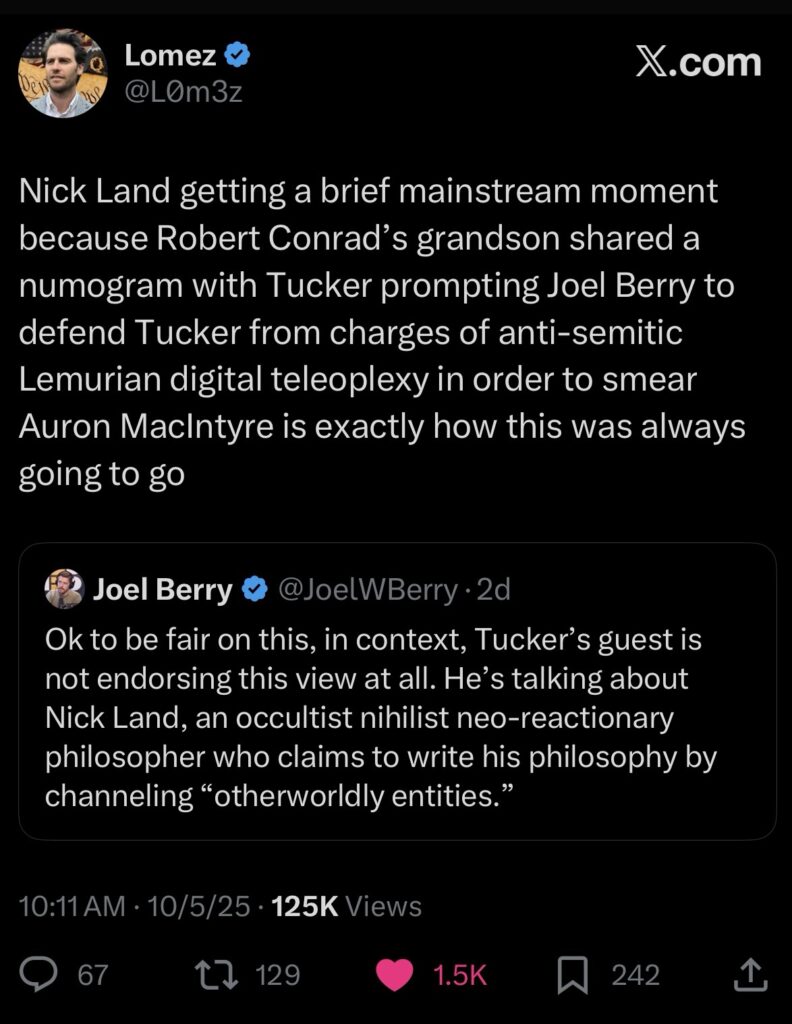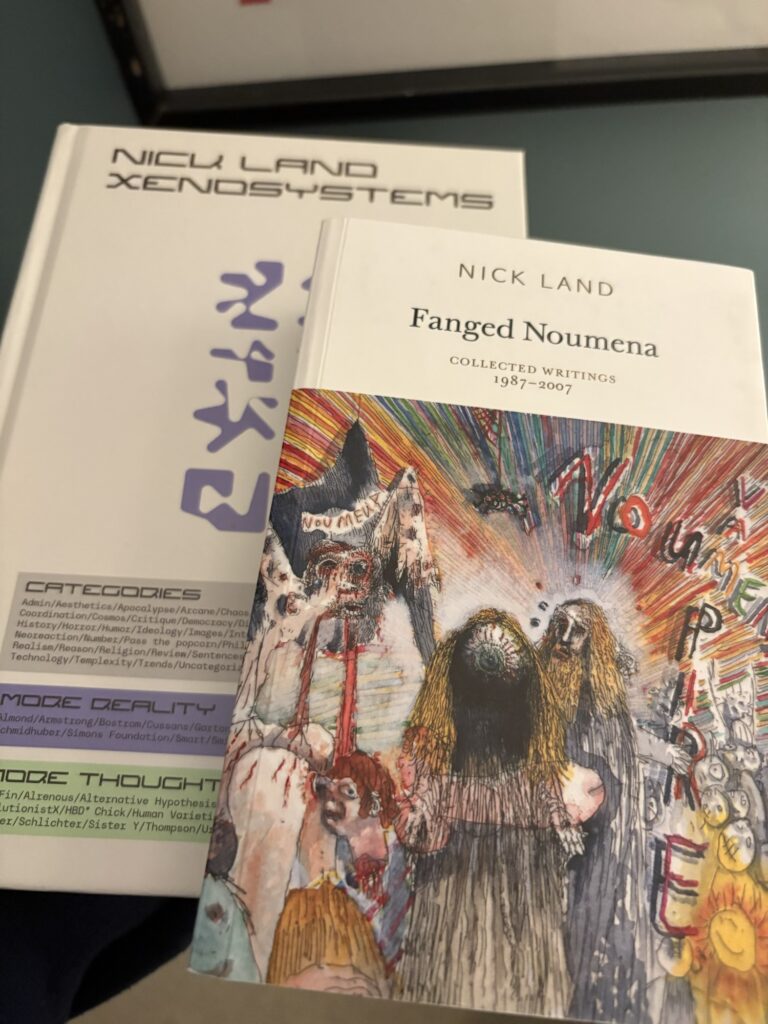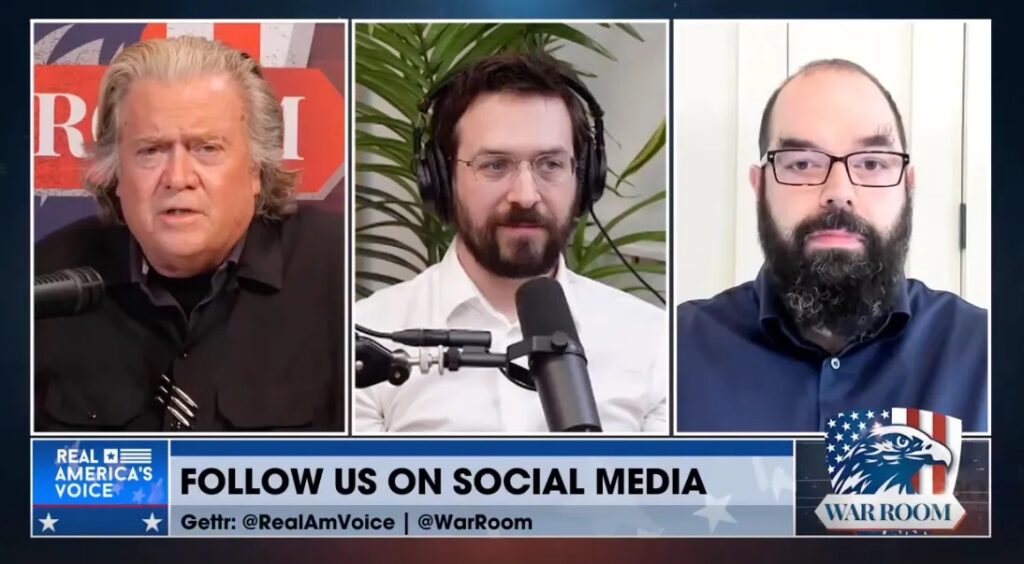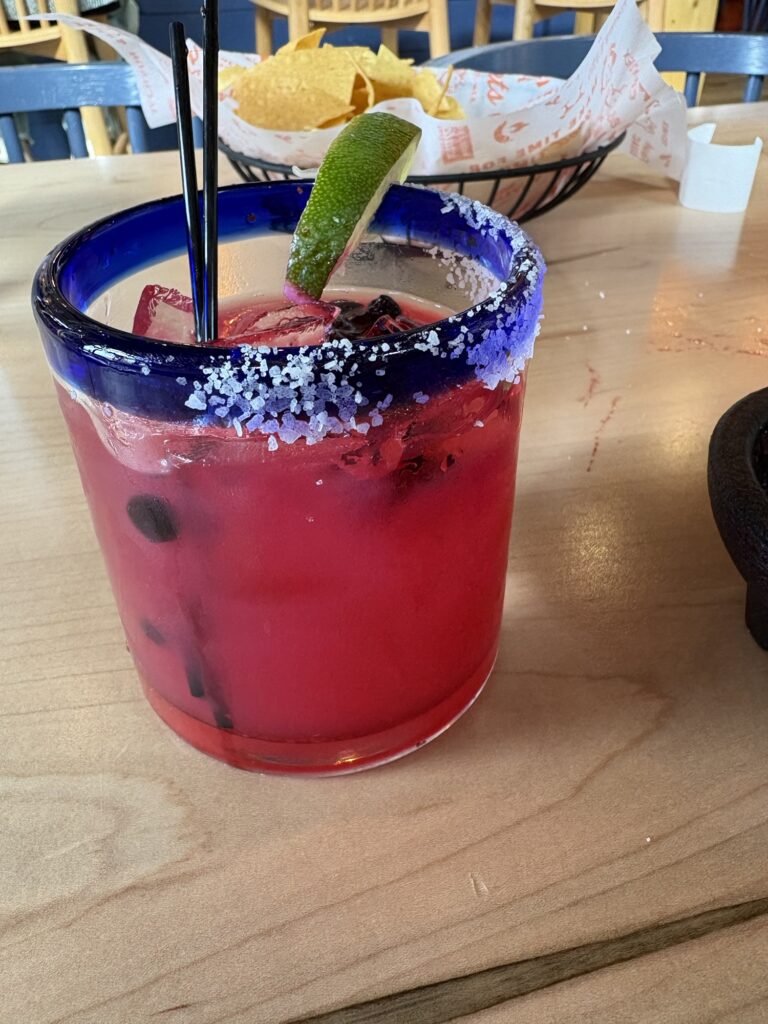I was ordered into bed for a couple of days by not one but two doctors. As I mentioned yesterday, a small incision for testosterone pellets must have let in a small amount of bacteria.
Maybe we didn’t pick the correct antibiotics (or maybe it was an inadequate dose) so what looked like healthy healing turned into a subcutaneous infection just as it was all look well which needed managing and cause me a bit of trouble.
So I’ve been catching up on costume dramas like The Gilded Age about the 1880s boom times in America. I’m on the third season of it and while not quite done but I’m enjoying it.
It’s provided me inspiration before as I’m fascinated that corporate charters are what lead to America’s experiment in self governance and each new era of technological and commercial development seems to kick off new organizational opinion of how best to manage society.
No matter the era or the people involved, humans will always find new ways to organize themselves into hierarchies that reflect changes in technology and material conditions.
As eager as we may be to unravel past cultural ways of organizing our status and importance, we always find new ways to set new standards of who matters and why and the same human nature finds a way to creep back in.
Position, birthright, inheritances and other ways of marking nobility and aristocracy manage to find a way to accommodate wealth and power lest they lose all status.
And who has wealth and power in this century whipsaws so fast, it feels like change is as seasonal as the weather. Even if in reality, society changed little if at all. Money and birth still matter quite a bit no matter how many followers someone has on the latest attention gathering platform.
I’ve mentioned my fondness for Paul Faussell’s Class: A Guided Tour Through The American Status System as a good jumping off point for understanding how American has organized its flavors of granting social capital within our supposedly classless society.
The Gilded Age attempts across the seasons to show that our society is always changing with subplots about rising in society through invention, intellect, political organization and sheer force of will.
Gilded Age’s director Julian Fellows also directed Downton Abbey which famously showed a British aristocratic family struggling with money, social change and war.
Both shows may show ways of changing one’s position in society but the skeptics exist at every turn. Even Fussell has Class X in his guide who exit rather than participate in what he calls the charade of meritocracy.
Fussell argues that it is essentially impossible to change one’s social class —up or down — but it is possible to extricate oneself from the class system by existing outside the system as a X person. Wikipedia
I find this particularly funny as we have entire institutions dedicated to deciding how we see and experience class and their luminaries hate how society organizes itself as much as anyone. The New York Times’s infamous columnist David Brooks finds Fussell’s book a “caustic and extravagantly snobby tour through the class markers of its time” which strikes me as especially funny as he once dedicated a column to worrying if he’d put his assistant into an awkward spot by presuming she wouldn’t know how to order in “gourmet” Italian deli.
Bourgeois bohemian that Brooks was, it never occurred to him that an Italian deli might actually be a lower class marker for plenty of people. American Society being filled with semiotic markers in America to ever really manage a static set of signifiers for all that long.



